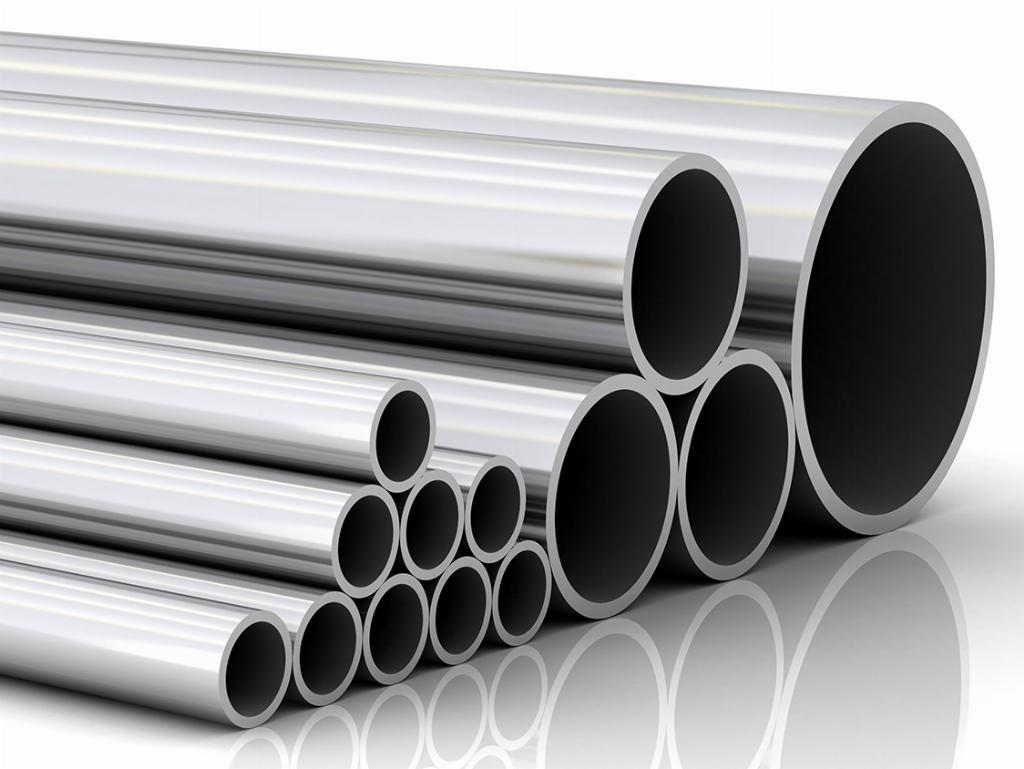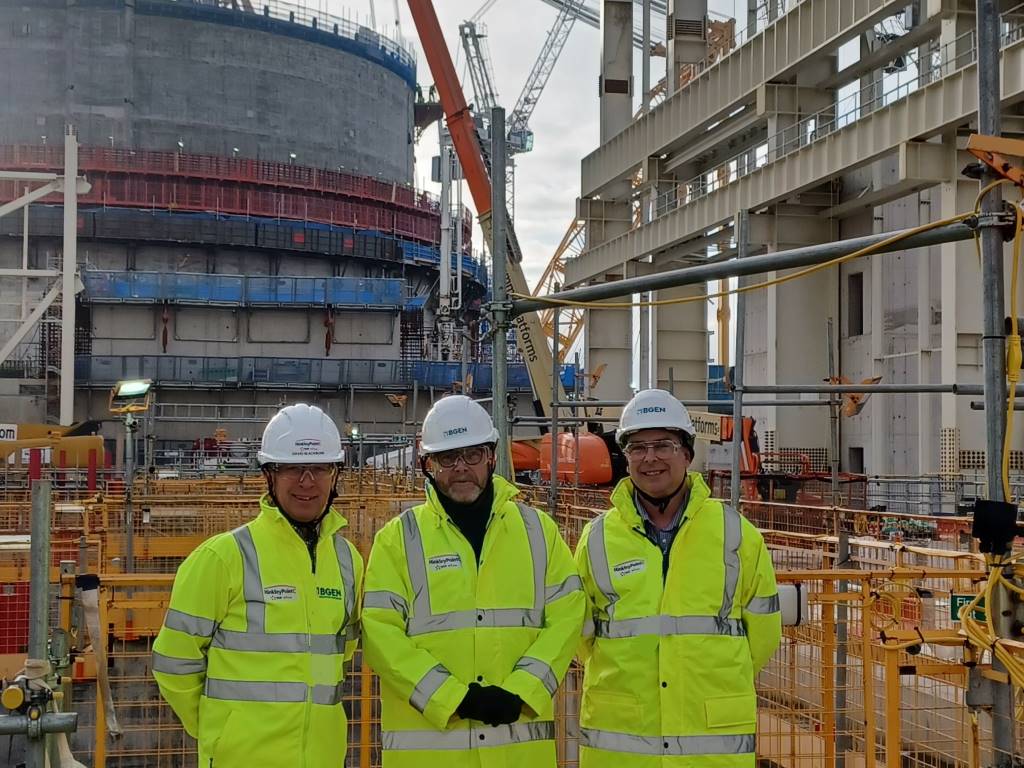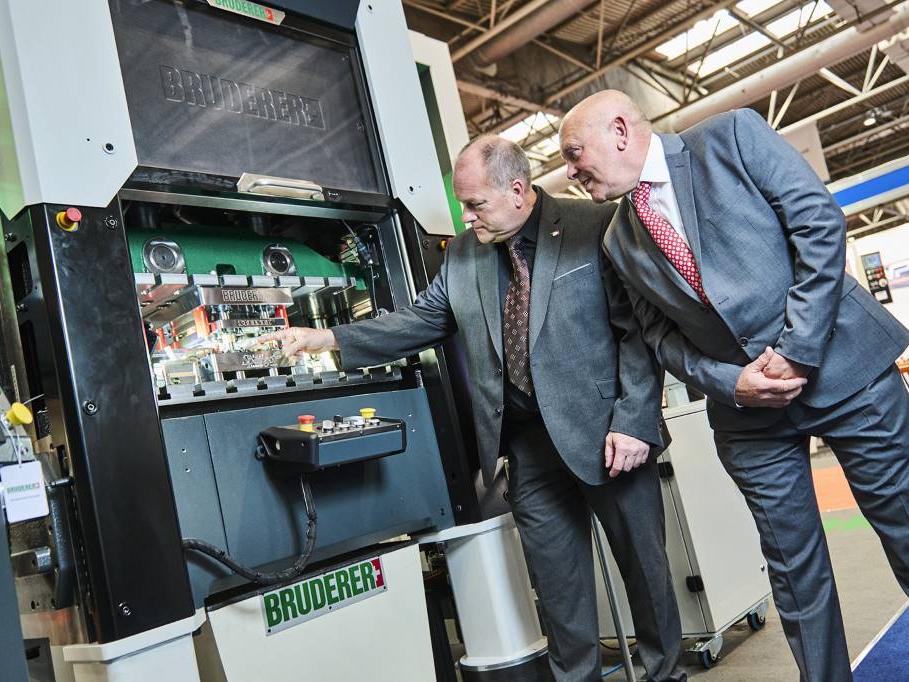Tubular trends

Hone-All has gained a stellar reputation over the last 20 years for its expertise in deep hole drilling, deep hole boring, honing and turning and its ever-expanding capacity is welcome news for the company and its customers alike.
Hone-All has gained a stellar reputation over the last 20 years for its expertise in deep hole drilling, deep hole boring, honing and turning and its ever-expanding capacity is welcome news for the company and its customers alike.
Further investments this year in turning capacity through the addition of another four CNC lathes in conjunction with offering night shift gundrilling capacity has enabled the company to offer shorter lead-times and continue to achieve in excess of 95% on time delivery - no easy feat in a subcontract shop where every customer has individual demands.
The biggest focus has been on tubular components and it is within this field that Hone-All has seen the greatest demand – second only to the recent upturn in oil and gas work as mentioned in this blog post: https://blog.hone-all.co.uk/growing-growing-grown-the-future-looks-bright-for-the-oil-gas-sector-in-the-uk
Director Andrea Rodney says: “The reputation we have gained in the manufacture of high quality, complex tubular components has resulted in numerous material suppliers approaching us to supply bespoke size tubing when they cannot purchase tubing with the tolerances required by their customer.
“Many businesses have streamlined their purchasing and procurement departments over recent years and this has resulted in material suppliers being asked to quote for more than the simple solid bar,” she continues.

“Now, usually, the enquiry is for bored, or bored and honed tube, and in some instances, the finished components. Some material suppliers have gained this capacity through the acquisition of businesses with this capability, but others remain firm in their business model and prefer working with partners such as ourselves – companies offering excellent quality, reliable lead-times and a flexible, collaborative relationship.”
Tubular components are used in practically every manufacturing industry and sector. However, the sizes, requirements and specifications vary greatly for each application.
For the medical and aerospace sector, extremely tight tolerances are required, and often minimising weight is a major factor. This is in contrast to the injection moulding industry where extruder barrels need to be of a much more robust nature to safely deal with the pressures placed upon them. Finishes also vary greatly – automotive components often require a cross hatch finish for oil retention to reduce wear whereas in Formula 1, mirror finishes are required to reduce friction.
Tube stockists hold a wide variety of standard tube sizes but could not possibly hold every possible variant as some applications call for tolerances of less than 0,02mm on the bore and outside diameter resulting in a lack of availability. The surface finish requirements also vary greatly from simply rough pipe to house or protect another component or cabling through to the peak of quality requirements with highly polished bore finishes for hydraulic cylinders, pressure cylinders or mating part matching.
As a result, customers can often struggle to procure the exact specification they need.
Re-machining standard stock tubes can often be as expensive as machining to specification from solid bar material. This is for several reasons – straightness can sometimes be an issue and it’s very difficult to correct bend without sufficient material to remove. In other cases, it could be that tooling is not currently developed to machine the entire length of the bore to increase the size or improve the surface finish.

“This is where a specialist supplier like Hone-All is ideal,” Ms Rodney adds. “Utilising our capacity and variety of equipment and technology, we can deliver whatever the customer wants, irrelevant of the application. Our ability to achieve thin walls whilst maintaining concentricity is where expertise gained over decades really comes to the fore.
“There are instances where achieving thin walls over longer lengths can result in the customer having to invest more at the start of the process and this is because there is a minimum wall thickness you can safely work with when deep hole boring. ‘We always advise to start with a larger diameter material and machine it stage by stage to ensure any movement in the material is minimised as this is where tolerances can become compromised.
“Customers or applications sometimes call for a stress relieving process and this can often help but certain materials cannot undergo this process due to how it can impact the integrity of the material composition.”
Selecting the best process for the application and the most cost-effective method of manufacture is another reason Hone-All has gained its excellent reputation within the industry. Ms Rodney continues: “When able, our technical department will always work with the customer to advise them on the best solution as we want our clients to achieve their exact requirements for the entire project, not just the component they have asked us to machine.
“Understanding their full requirements enables us to offer alternative ways of achieving what they need, often resulting in both cost and lead-time savings across the whole project.
“We successfully machine tubular components ranging in length from 20mm to 3,000mm with bore sizes from 3mm - 300mm and firmly believe we are the first choice for any bespoke, precision tubing which simply cannot be sourced from a stockist.”
Hone-All www.hone-all.co.uk














